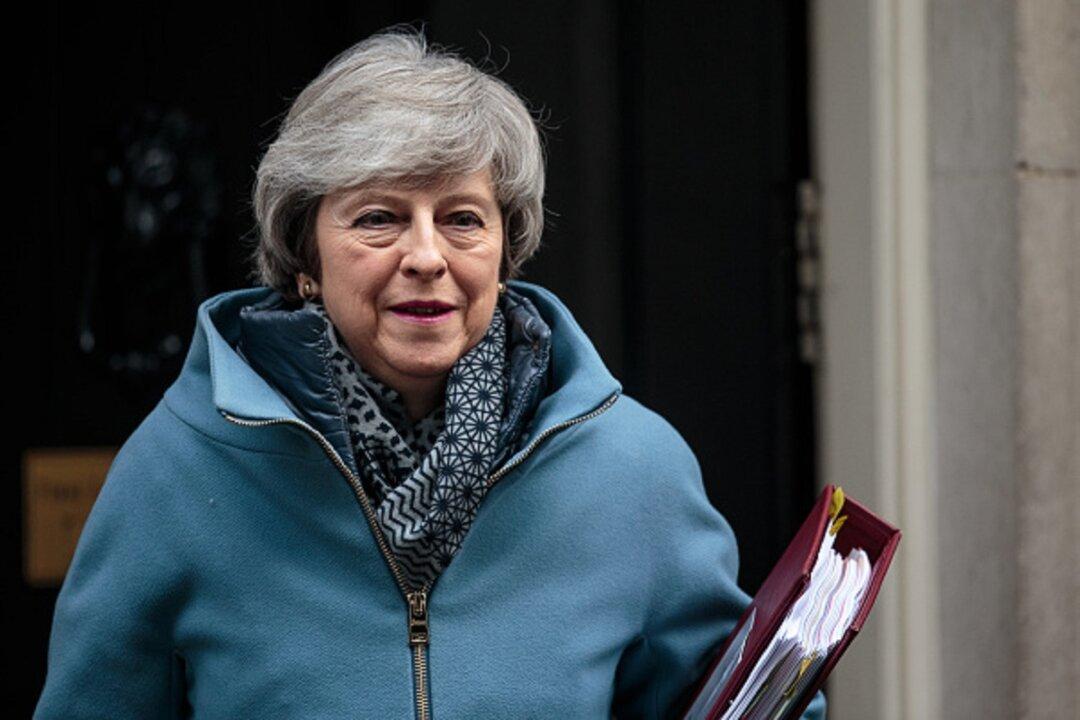British lawmakers wrested control of the parliamentary agenda from the government for a day in a highly unusual bid to find a way through the Brexit impasse after Prime Minister Theresa May’s EU divorce deal was rejected again.
Lawmakers will now vote on a range of Brexit options on March 27, giving parliament a chance to indicate whether it can agree on a deal with closer ties to Brussels—and then try to push the government in that direction.





